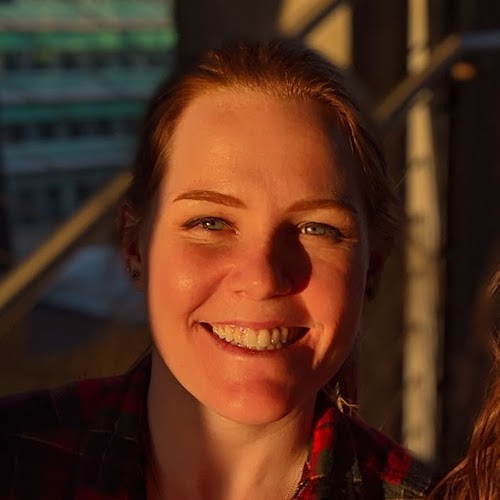Parse Biosciences at ASHG 2024
We had a blast smashing the limits with you at ASHG 2024! In case you missed us at the conference, you can now browse our posters and presentations below. We hope to see you next year, but the conversation doesn’t have to wait until then. Reach out to our team anytime to discuss scalable single cell sequencing for your research.
Sessions
Accelerate your single cell research with the latest advances from Parse Biosciences
In our CoLab session, Chief Technology Officer Charlie Roco, PhD, unveils exciting updates to our portfolio of single cell solutions. Highlights include advancements in Evercode Whole Transcriptome, Evercode TCR, Evercode BCR, and Trailmaker, all designed to make single cell more accessible and powerful than ever.

Using single cell to explore the impact of genetic diversity on cell type- and state-specific gene expression in mice
In this session, Elisabeth Rebboah, PhD, from the Mortazavi Lab at UC Irvine, discusses her recent work on the impact of genetic diversity on cell type- and state-specific gene expression in mice.
Through an extensive study of various mouse strains and tissue types, significant diversity in gene expression profiles was uncovered. Single Cell Sequencing analysis of millions of cells revealed that different tissues exhibit varying levels of transcriptional variation due to strain differences, with specific impacts on cell types (e.g., neurons show less variation compared to glial cells and hepatocytes). Rebboah’s findings indicate that genetic diversity correlates with transcriptional variation, with wild-derived strains exhibiting the most differential expression. Additionally, while most cell types show significant variation in wild strains, at least one cell state specific to a common lab strain was identified, which is linked to a known phenotype: activated muscle stem cells in A/J mice, predisposed to muscular dystrophy.

Single Cell-ebration
Thank you to everyone who joined us for Parse Biosciences’ unforgettable third annual Single Cell-ebration! It was a special night filled with drinks, delicious food, and engaging entertainment, all while connecting with fellow scientists in a cell-ebratory atmosphere. We hope you had as much fun as we did. The Parse team can’t wait to cell-ebrate with you again in 2025!